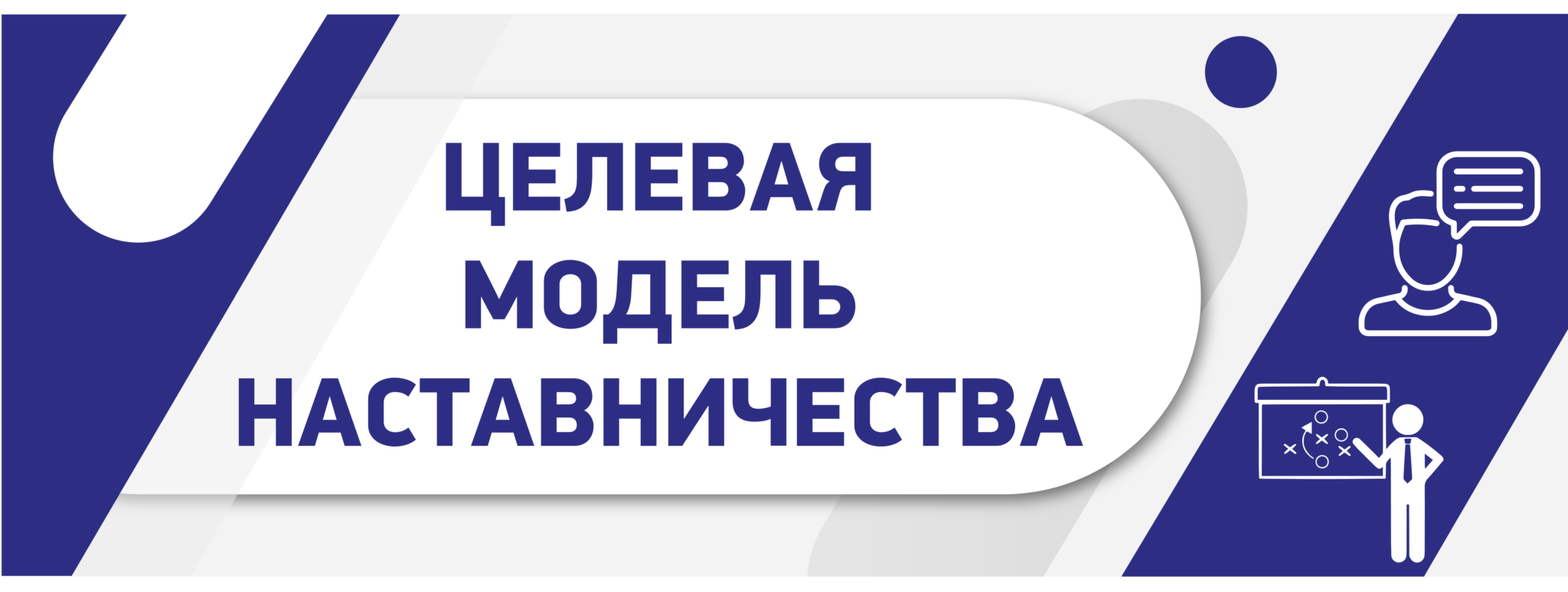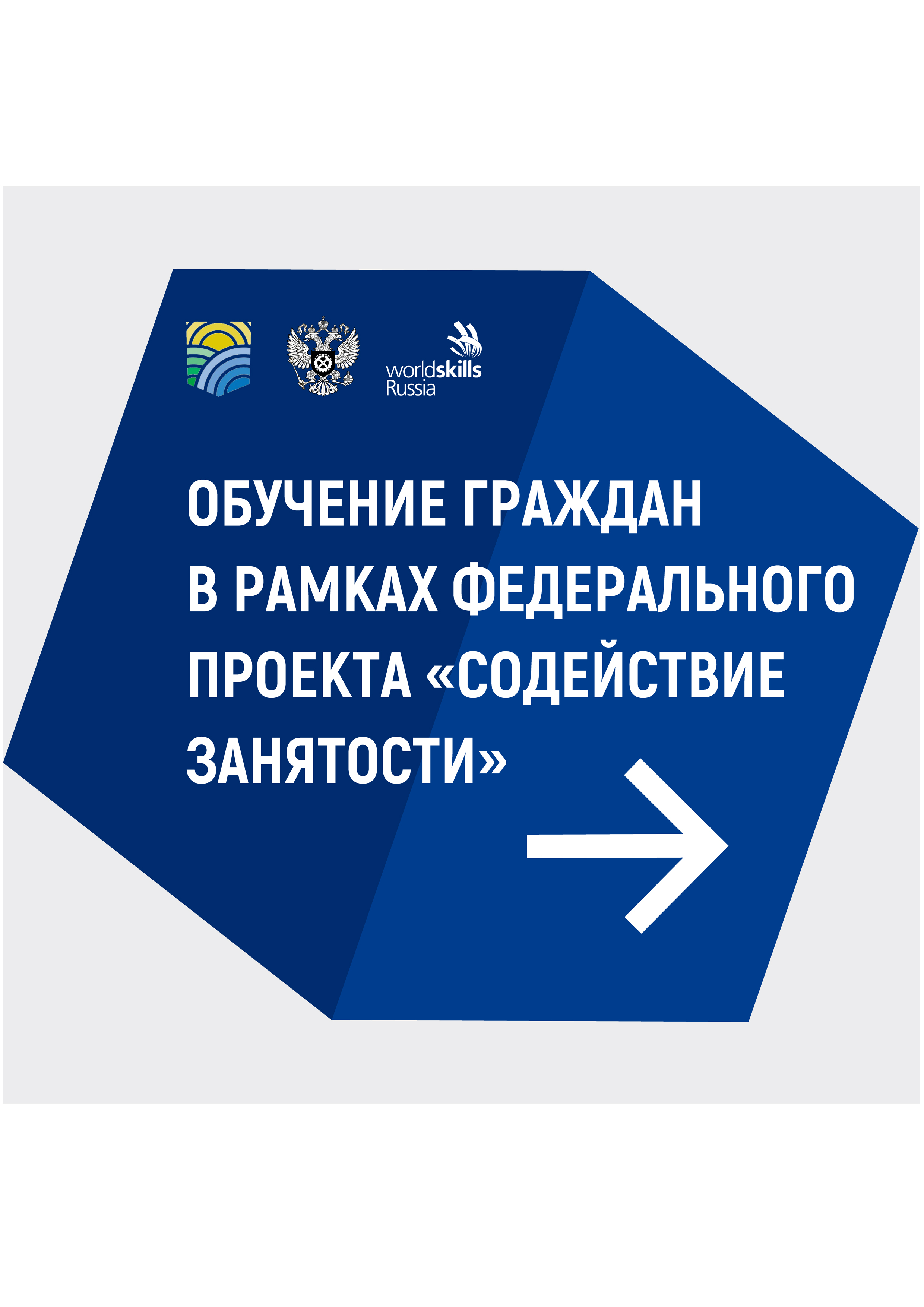What Personal Injury Attorneys Do
If you’ve been injured because of someone else’s negligence, you deserve compensation for your loss. Personal injury lawyers help victims of accidents recover the compensation they require for medical expenses, lost wages, and other expenses.
If you’re considering an attorney for personal injury ensure that they’ve handled cases similar to yours. Ask if they’re certified by the state bar association to practice law in your state.
Damages
After an accident damages are the amount of compensation that an attorney for personal injuries provides to their client. These damages could include funds for medical expenses, lost wages, and property damage caused by the accident.
Economic damages are easily quantifiable If you can prove the source of your financial losses or expenses related to your injuries. A personal injury lawyer can look over medical records, prescription and treatment receipts, as as other documents to prove that your expenses were caused by.
The length of time you’ve had to be absent from work because of the injury will determine the loss of income or damages. This includes all wages you received prior to the accident as well as wages you would have earned during that time period if you had not been injured.
The cost of future treatments, medical care, rehabilitation, and other treatments you may require because of your injuries can be calculated as damages. These kinds of damages can take some time to calculate and it’s therefore important to keep a record and documentation for all costs associated with your accident.
Non-economic damages are the intangible damages that may result from a personal injury that cause emotional and physical distress. These losses can include anxiety, depression and inability to concentrate or sleep.
The amount of compensation you receive will vary depending on the particular case due to the different nature of the injuries. The best way to determine the amount you are entitled to is to talk to an attorney who specializes in personal injury for a free consultation. Marya Fuller, a highly experienced lawyer for injury, is committed to obtaining maximum compensation for her clients injured. Contact us today to schedule your complimentary consultation.
Complaint
In the field of personal injury law, it is the first document filed in the court by a plaintiff. It informs the court that you’ve filed an action in law against the defendant (defendant) and sets out the facts and legal reasoning for your case.
Depending on the nature of your claim the complaint may include various elements. For instance, a toxic tort case might include multiple counts of negligence, nuisance, infringement of local consumer protection laws and other legal theories that could provide a basis to recover damages.
Your lawyer will make sure that your complaint includes all the necessary details to win your case. It will include a case caption, and a outline of the information likely to be relevant to your case.
It is also important to state the type of damage you’re seeking. You might need to show that you were unable to work or that you’ve incurred medical expenses due to the accident.
It’s important to note that certain states have limits on the amount you are able to claim in damages, therefore it’s crucial to speak with your attorney before drafting your complaint and calculating the value of your claim.
After you have filed your complaint and it has been served on the defendant via a legal process called service. This involves obtaining a summons from the court. It is an official notice that informs the defendant that you’re suing them and that they have 30 day to respond.
Your lawyer can start a discovery process to gather evidence for your case. This could mean sending questions to the defendant or taking depositions of witnesses and experts.
Discovery
Discovery is a process personal injury lawyers use to gather evidence. The aim is to create a strong case for the plaintiff and prove that the plaintiff deserves compensation.
In many instances, a settlement can be reached between the parties before trial. This can lower the case’s cost. It also gives the parties a better idea about the way their case will be handled at trial.
However, the process of discovery can be lengthy and might not be available for every case. It is essential to have an experienced lawyer in your case to assist you in this process.
The most commonly used forms of discovery include interrogatories, depositions, requests for admission, and production of documents. These tools can all be very helpful in the event of a personal injury claim.
A deposition is a questions-and-answer session in which a lawyer asks the plaintiff under the oath. These questions typically focus on the plaintiff’s injuries and how they impact the way they live their lives.
Requests for admission are similar to deposition questions but ask the other side to confess, under oath, certain facts or documents. These requests will save you time and permit you to challenge the claim of the defendant, if necessary.
Document production is a technique to discover that allows a plaintiff to obtain copies all documents related to her case. This could include medical records, police reports, or any other document that can be used to prove her claim.
Discovery can take a lot time in most personal injury cases and can be difficult to understand. It is essential to speak with an experienced personal injury lawyer on the best method to manage this procedure.
Litigation
A lawsuit is a legal process where one party files papers with the court to settle an issue. It is a formal procedure which can take several months to be completed, but it is usually worth the effort to receive an acceptable ruling after the case has been brought before the judge.
Personal injury lawyers use litigation to help clients receive financial compensation for the injuries caused by an accident. This may include money for future and past medical bills, property damage, and other costs resulting from an accident.
Personal injury lawyers usually study the client’s case and make contact with insurance companies to make a claim. They also maintain contact with their clients and keep them up-to-date on any significant developments.
A complaint is the initial step in the course of a lawsuit. It is written documents that outline the rights of the plaintiff and outlines the defendant’s actions. It also outlines the amount that the plaintiff is seeking in damages.
When a complaint is filed and a defendant is notified, they will have a certain amount of time to respond to the complaint. If the defendant does not respond, the case will be moved to trial before a judge.
The trial will comprise evidence and arguments that will be presented to a judge as well as an audience. The jury will decide whether the defendant caused harm to the plaintiff.
If the jury concludes that the defendant responsible for harming the plaintiff, the jury will give damages. The damages could be in the form financial award, or even an order for the defendant to pay a specific amount. The amount awarded is based on a variety of elements such as the amount of pain and suffering suffered by the victim.
Settlement
In personal injury lawsuits settlement is the option that most victims choose because it allows them to settle their case without trial. This is because a lot of people prefer not to face the media and scrutiny that a trial may cause. In reality, a large portion of civil cases settle without going to trial.
The amount a plaintiff is entitled to in a personal injury settlement is contingent upon a variety of factors. An attorney who specializes in personal injury can help clients determine the amount they should receive by gathering evidence and proving a compelling case.
A personal injury lawyer can also help determine the extent of the damage a person suffers by obtaining information regarding their medical bills as well as missed work and other expenses. The lawyer can also collect witness testimony and other documents relevant to the accident.
After a settlement has been reached, the insurance company will pay the plaintiff a sum. The payment can be either an unintentional lump sum payment which is made directly to the plaintiff, or a structured settlement spread over a specified period.
It is essential to take note of the fact that income tax might apply to settlement funds. This is especially the case for plaintiffs who received an organized settlement. The settlement funds will be repaid in installments to the plaintiff.
Personal injury lawyers can assist you negotiate a settlement as quickly as possible following the accident. They can send an order letter to the insurance company and this will allow the negotiation process to begin according to your own terms. They can also prepare a settlement package that includes the demand letter along with materials that show the reason you deserve what you are demanding.























